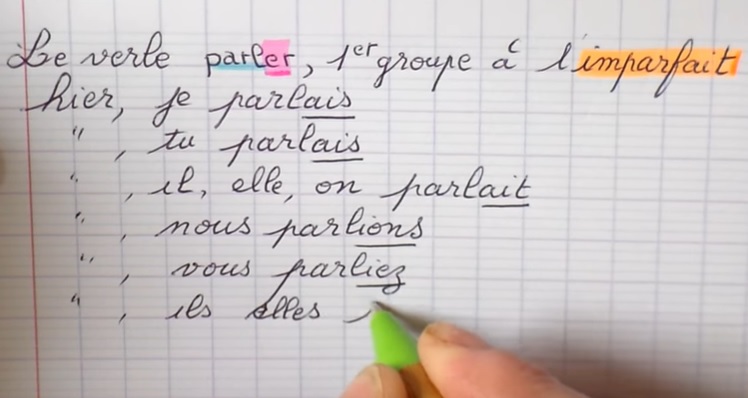Is the French language in danger?
Medical Pharmaceutical Translations • Jan 15, 2020 12:00:00 AM

Is the French language in danger?
This is a question that L’Académie française constantly worries over. The governing body of the French language, its members are always on the lookout for words that might undermine traditional French.
The biggest culprit is English. Although all government and official documents are legally required to be written in French, some English terms are hard for Francophones to avoid, especially in fields like business and technology. For example, although L’Académie française has established French equivalents for them, most French people continue to use English or “Franglish” terms like “IT”, “conf’ call”, and “selfie”, among many others.
Still, it’s not all doom and gloom. As this report reveals, French is currently the 5th most spoken language in the world, and is present on every continent. The number of French speakers has increased by 10% in just the past few years, mostly due to high birth rates in Francophone countries around the world.
The French also have a solid plan to keep their language going and growing. President Macron has evoked the African continent as the future of French. Due to a history of colonization, 44% of French speakers live in sub-Saharan Africa alone (this isn’t counting Francophones in countries like Tunisia, Algeria, and Morocco). It’s estimated that by 2050, 85% of French speakers may live in Africa.
Reassuring as this may be for anyone concerned that French will disappear, it may not totally reassure the notoriously stodgy members of L’Académie française. Whether in neighboring Belgium or far-off destinations like Canada or Senegal, French outside of France takes on its own life and cultural influences. This fascinating, in-depth article includes some of the most notable differences between French spoken in African countries and French spoken in France. Interestingly, some African-French words have started appearing in standard French, as well.
Most linguists agree that languages are living, evolving things. Organizations like L’Académie française are admirable for trying to keep their language from becoming endangered (like Navajo, the subject of yesterday’s blog post) or even going extinct. Still, there is a dichotomy between their recognized, sanctioned form of French, and French the way it’s actually spoken, both in France, and around the world.
Will traditional, standardized French be able to coexist with a more global version of the language? Read on for more about L’Académie française’s current concerns.
Contact Our Writer – Alysa Salzberg
